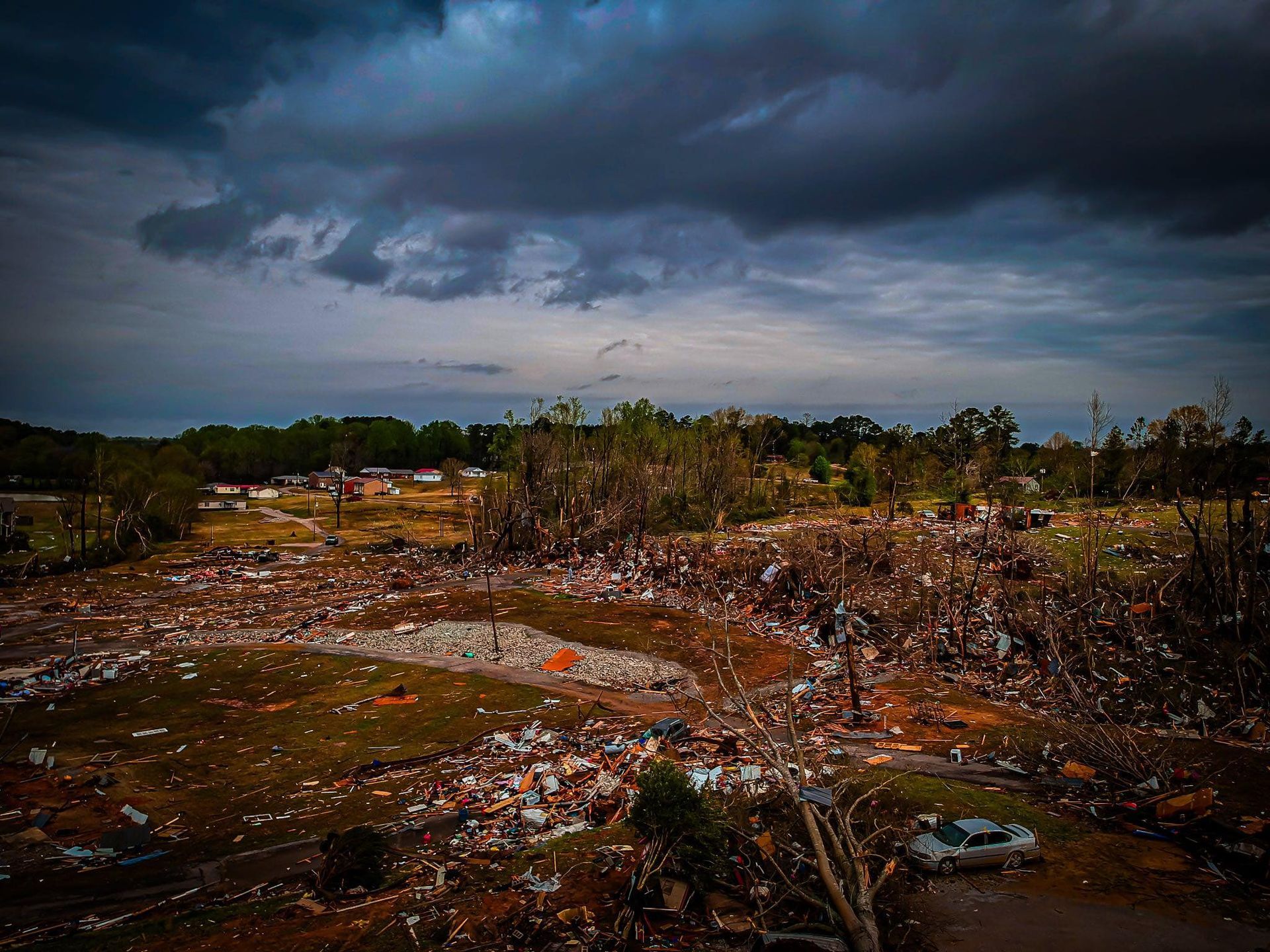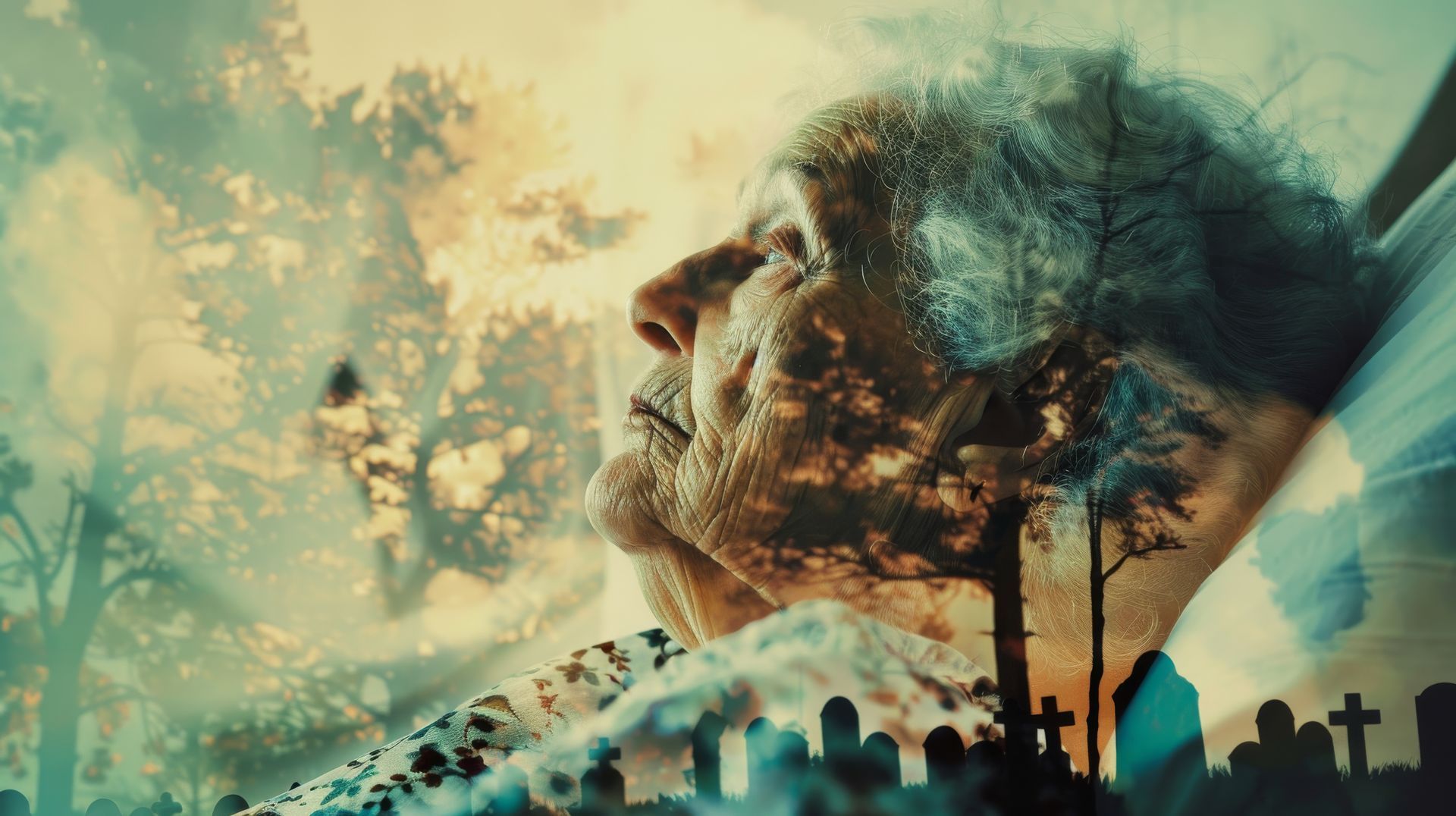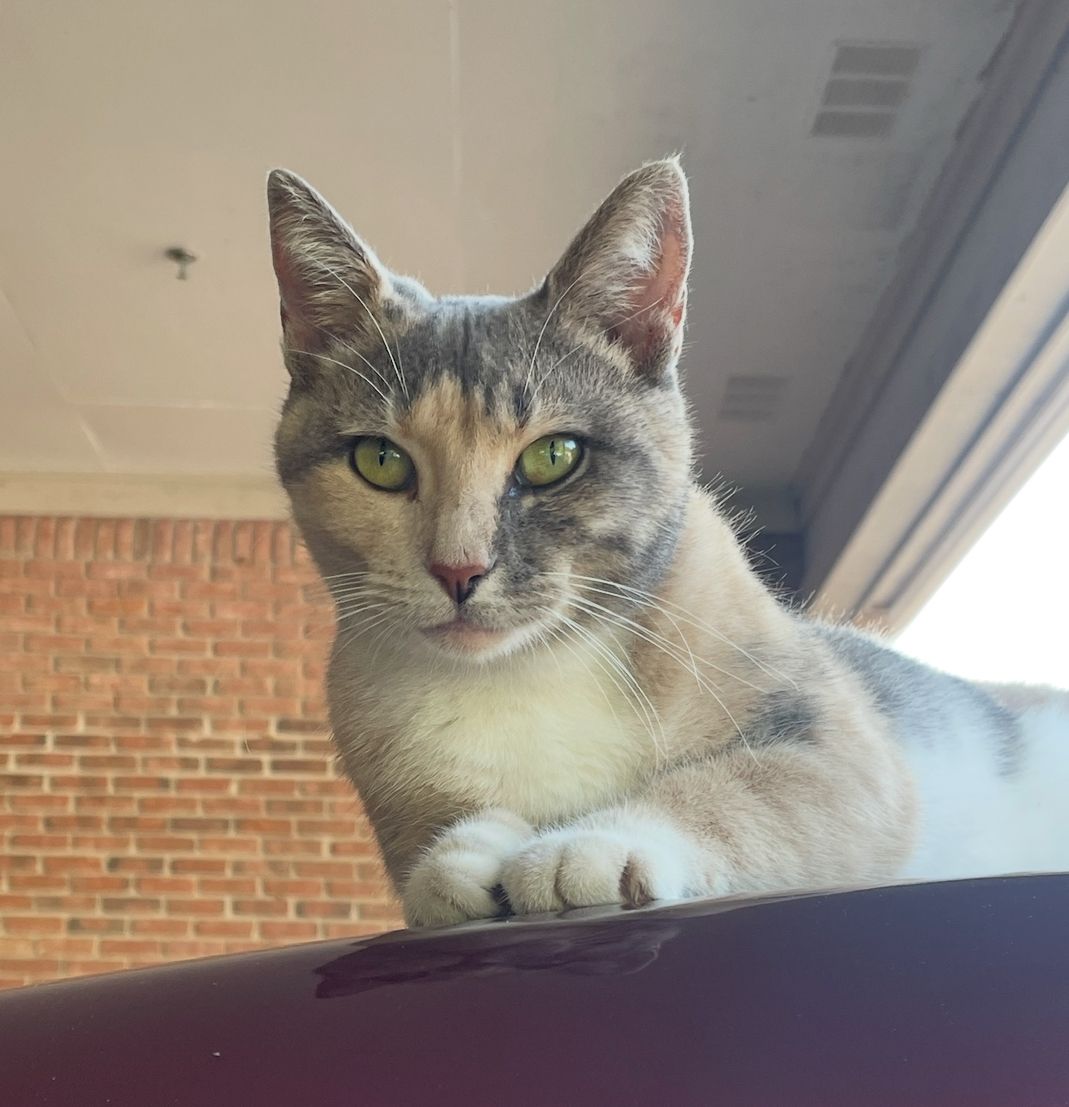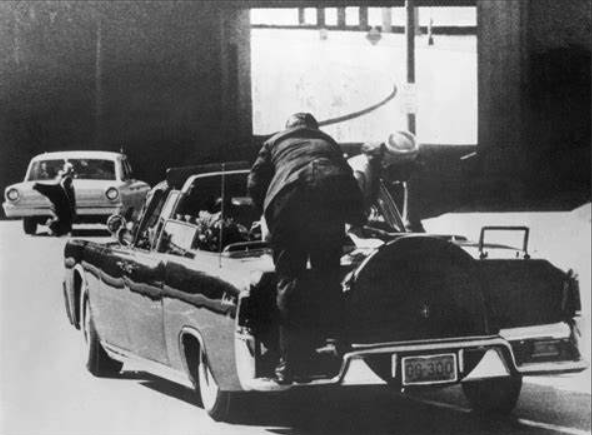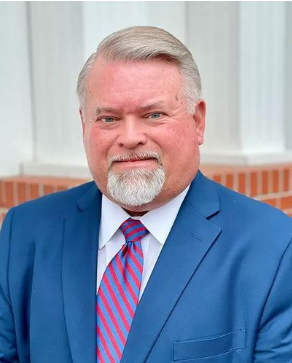When a family comes to the funeral home to make arrangements for someone they have loved and lost, they come bearing much more than clothes and a picture for the memorial folder. They just don’t always realize it.
They most certainly come carrying the burden of Loss and his traveling companion Grief. There may be relief because their loved one’s suffering has ended—or there may be guilt because of deeds left undone and words unspoken. Anger may be lurking in the shadows, invisible and silent until he can no longer be restrained. The emotions they bring to that conference depend largely upon the relationship they have with the person who died. But there’s one thing that every family, no matter what, carries into that room.
Stories.
They bring their stories and, if the funeral director is very lucky—and good at what they do—those stories are shared. They may be shared through tears or in between fits of laughter, but they are shared. And wrapped within those stories is the life of the person they’ve come to honor.
Some families are natural born storytellers, and the memories just come pouring out. But with others, we have to take our metaphorical crowbar and pry the information from them. Even then, we may only get yes or no answers—short and to the point with no room for the details. Sure, that person may not have been one to belong to a lot of organizations. They may not have been active in church or had a tremendous number of hobbies. Maybe they lived in one place their entire life and spent that time doing nothing but working. Working and taking care of their family. But what more honorable way is there to spend one’s life? If they think long enough, the stories will come. The stories of hardship and perseverance. Of self-sacrifice and love. In other words, you don’t have to be well-known and a part of everything under the sun to have a story that is worth telling. A story that should be shared.
That’s our goal; it’s what we strive for. To help you tell the story of your person’s life . . . to share with the world how remarkable they truly were. But we need you to share their story with us, to tell us about their habits and the things that brought them joy. To bring us the significant—and the insignificant—details of their years on this earth. Think about their life before we sit down together. Really, really think about it. Jot down the memories so in the weeks that follow you won’t recall something you wish had been included but which was completely overlooked in the fog of Grief. Tell us about how they gave everyone in the family a nickname, but no one could figure out how they came up with them. Tell us about how they always raised one eyebrow and looked at you sideways when they seriously doubted what you’d just said—which was every single time. What made them who they were? What made them the person you loved?
Everyone’s story is different. Everyone’s story deserves to be told—to be remembered. When we keep those stories alive, we ensure that future generations will know those who came before them. They will know the people who helped shape the person they have become and the world as they know it. And maybe even understand why they tend to raise one eyebrow when in serious doubt.
About the author: Lisa Shackelford Thomas is a fourth-generation member of a family that’s been in funeral service since 1926 and has worked with Shackelford Funeral Directors in Savannah, Tennessee for over 45 years. Any opinions expressed here are hers and hers alone and may or may not reflect the opinions of other Shackelford family members or staff.



